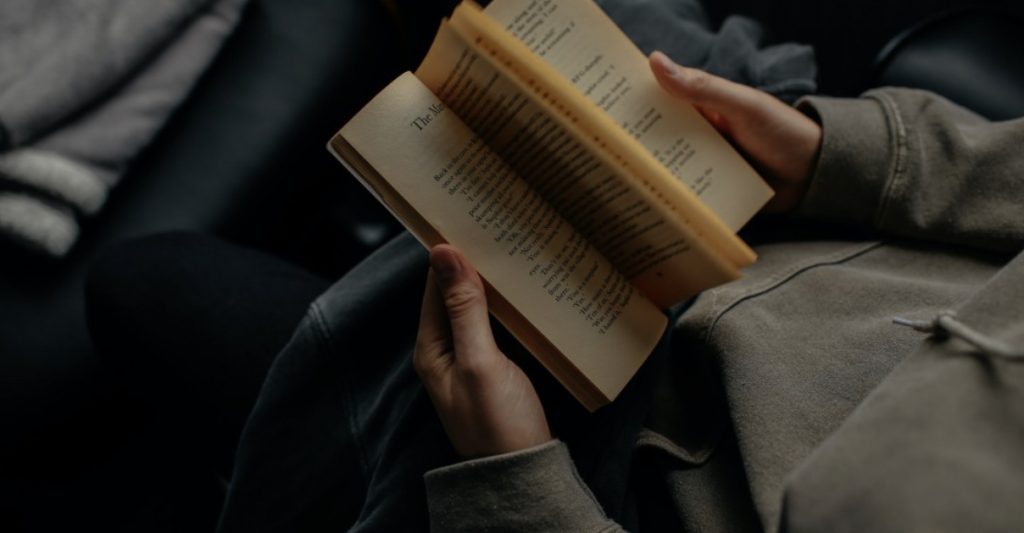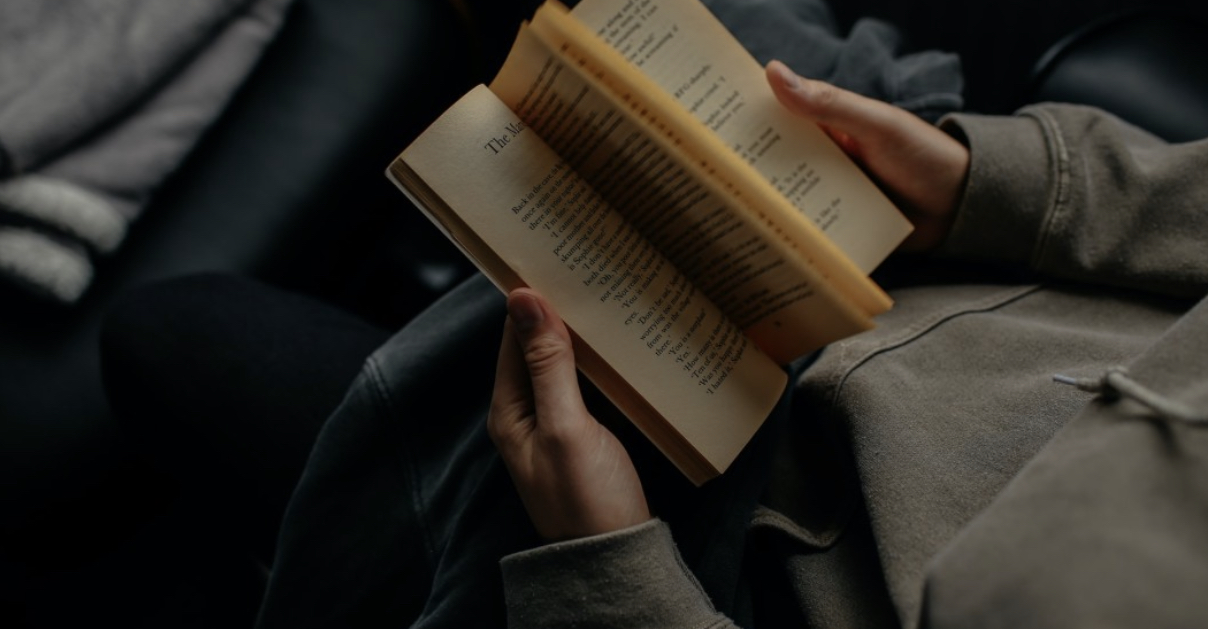
This is World Mental Health Awareness Week (18 – 24 May)
As we all know books are supposed to be calming and have a positive effect on us and our mental wellbeing. Helping us to destress, fight depression and lowering our blood pressure.
As a business owner, a mentor, a mother, a serial WhatsApp grouper amongst other things, it is really important for me to look after my mental wellbeing so I can look after others. #burnout. One way is by reading. However, I’m now finding even that a struggle.
Bookshelf Backup
A recent article of mine talked about ‘Bookshelves in the background’ and questioned why so many of us were choosing bookshelves as our backdrop.
Recent studies show that we are finding it more difficult than ever to read right now. Therefore, it would seem those bookshelves are currently just a backdrop.
Lockdown Lack
When the news broke that we were all going to staying at home for a while, lots of us had grand plans. Finally, a chance to get fitter, cook healthier, set up that side hustle or simply get through all the books on your bookshelf. And although people have been picking up new things with varying success, many people say that unexpectedly, reading has been something they’ve struggled with in lockdown. Despite having some more time and a limited social life, getting absorbed in a good book is tough right now, even for avid readers.

So why is getting stuck into a good book so much more difficult right now?
Sarah Lewis, Consultant Psychologist at Appreciating Change, explains: ‘When we feel under threat, we become more alert to danger, including becoming hyper-vigilant. We are fully focussed on ascertaining the source of the danger. ‘Think of when you have been startled in the night by an unexpected noise. Immediately you think – is someone in the house? ‘All your blood rushes to your muscles to prepare for action, chemicals are released that activate your nervous system for fight or flight, your attention focussed right down on to that sound, straining to make sense of it. Then you realise it’s your daughter knocking over the hall-stand trying to creep in; relief rushes over you and your aroused system calms down.
The problem with C-19 is that stage two, the resolution of the danger, the flood of relief, doesn’t come. Many of us remain in a stage of hyper-vigilance, unable to divert our attention elsewhere in case we put ourselves at risk. Logically it makes no sense but our nervous system doesn’t know this. ‘But this is why it is so hard to ‘lose ourselves’ in something like a good read; at an unconscious level we are scared to let our guard down until we know the danger has passed.’ As well as the impact of feeling like we are in danger, the pandemic means that we are spending a lot more time in front of screens. Many of us are working at home, socialising with friends in front of a screen, doing all our shopping online and according to Dr Anna Mandeville, Consultant Clinical Health Psychologist, that can also have an impact on our ability to read books.
She tells us: ‘Much is still being discovered about how our brains handle reading in different media. Some research has shown that reading from screens is more mentally draining and we may find it harder to remember what we have read.
The focus and emotion required to enjoy reading may just seem like too much at this moment in time. Even though you may suddenly have more time than you expected, many of us are spending that time alone, or with the same few people.’
‘Reading is very much a solo task where we like to close off from our world and get lost in another. We are already feeling disconnected from our normal lives and we may prefer to spend the time we once dedicated to reading to communicating with loved ones via apps such as House Party or Zoom.’
Similarly, you may have previously made time for reading on your route to work or during your lunch break but with work routines changing, figuring out where reading fits is more difficult. ‘Whenever or wherever you previously liked to read, the chances are that this routine has now been interrupted.
If you are struggling to get into reading a whole book, try easing yourself in with magazines or picking up something lighter than what you normally do. Even respond to me here!
I’m sure that Brits will fall in love with reading again.
These made me chuckle. New reading books for nursery kids when they return following C-19.

